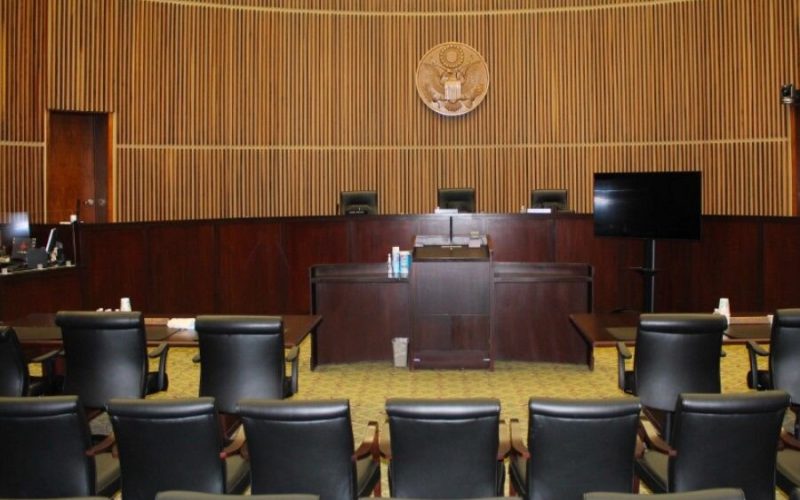A Pennsylvania appeals court has rejected a request for a rehearing in a case challenging laws that prevent young adults from carrying firearms for self-defense and obtaining a license to carry a firearm.
The Third U.S. Circuit Court of Appeals has backed a pro-gun rights organization by declining to reconsider a case where the group’s adversaries aimed to limit young adults’ firearm-carrying capabilities.
On March 27, the Third U.S. Circuit Court of Appeals issued a decision denying a rehearing request regarding the Second Amendment Foundation’s win in a case contesting laws that bar law-abiding adults aged 18–21 from carrying firearms for self-defense and obtaining a gun license due to their age.
The appeals court’s refusal to grant the petition by the defendant, the Commissioner of the Pennsylvania State Police, for a rehearing indicates that it is upholding the United States Court of Appeals’ opinion that the defendant’s argument—that the three young plaintiffs were “not among ‘the people’ to whom the Second Amendment applies”—was wrong.
In a March 27 ruling, Circuit Judge Kent A. Jordan, writing for the majority, stated, “The petition for rehearing by the panel and the Court en banc is DENIED.”
En banc is a legal term used to describe a situation where all the judges of a court, rather than just a selected panel, hear a case.
In his dissent from the majority opinion, Judge Luis Felipe Restrepo contended that during the time when the laws were created, legislatures had the authority to “categorically disarm groups they reasonably judged to pose a particular risk of danger and that the modern-day judgment and Pennsylvania’s modern-day judgment that youth under the age of 21 pose such a risk is well supported by evidence.”
“A review of historical sources reveals that the Second Amendment’s plain text does not cover Appellants’ conduct because it would have been understood during the Founding era that Appellants are not ‘part of ‘the people’ whom the Second Amendment protects,” he wrote in his conclusion.
“Further, the challenged statutory scheme here is ‘consistent with this Nation’s historical tradition. Because Pennsylvania’s statutory scheme does not violate the Second Amendment of the Constitution, I respectfully dissent.”
The plaintiffs in the case were Madison M. Lara, Sophia Knepley, and Logan D. Miller.
The individual named as the defendant was Robert Evanchick, who was the Pennsylvania State Police Commissioner at the time.
Mr. Evanchick assumed the role of Pennsylvania’s State Police Commissioner on June 6, 2019. He was replaced by Colonel Christopher Paris in March 2023.
Share your thoughts by scrolling down to leave a comment.

